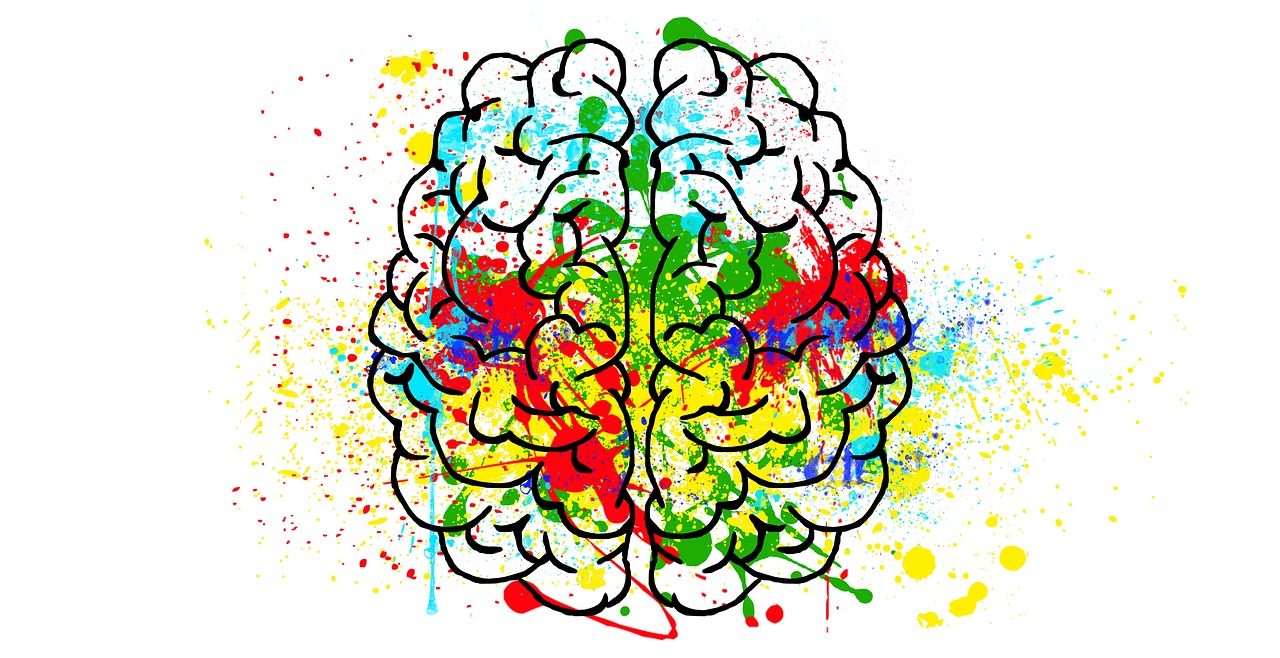Anticipation
Are you feeling that you can hardly wait until Thanksgiving and Christmas? Perhaps its because your family will be home for the holidays or maybe because you will be get to visit with friends from out of town. Anticipation is looking forward to events that have been previously experienced or that are imagined. We can experience anticipation in both negative ways (feeling the dread of a predicted event) or in a positive way (eagerly planning for what is to come).
How does anticipation work? Here is a bit of neuroscience to explain what happens in the brain and body when one is anticipating. This is brought to us by Gordon Cornwall (2010), author of an internet-available series of blogs, in an article entitled, “The Neurology of Anticipation.”
In his book, Hardwired Behavior, Laurence Tancredi of the New York University School of Medicine offers some clues to an answer from a neurological perspective. The engine of self-concern is a cyclical interaction between the limbic system, which generates our emotions (giving emotional “meaning” to experience), and the prefrontal cortex, which makes plans and decisions.
The amygdala, which belongs to the limbic system, assigns emotional significance to perceived (anticipated) events. It is part of the neural apparatus of motivation.
The amygdala generates powerful motivating emotions, including fear and anger. It will induce fear when a person perceives similarity between her present experience and traumatic or frightening experiences in her past.
When a person experiences a significant investment loss, the amygdala “revs up, creating apprehension, anxiety, and fear, and these in turn cause the hypothalamus to accelerate, resulting in a full range of parasympathetic bodily symptoms–increased breathing, racing pulse, and profuse sweating.”
The expectation of loss, as opposed to an actual loss, also affects the amygdala, “creating that unpleasant feeling of anxiety in the pit of the stomach that we associate with uncertainty and the fear of losing something valuable.”
Tancredi discusses the conditioning effect of repeated losses. When the first experience of loss occurs, the hippocampus, stimulated by emotional pain, stores it in memory. A later situation is recognized as similar to the earlier one, prompting the amygdala to create more fear
This is reminiscent of the way Ron and I used to describe anticipation in a seminar, as well as on our Binding the Wounds recordings. We titled it, “How the Mind Works.” “Stimulus yields response,” we would say.
This is the formula on which the mind works. When a stimulus occurs, instantly the mind goes into its filing cabinet of memories and sifts through them looking for the memory which most matches the current stimulus. We pull out that memory and react both to the memory AND the current stimulus. This is the reason that our reactions surprise us and can confound others. Very little in life is very new; mostly there is a previous experience, sight, sound or taste, previously experienced, that we are reacting to along with the current experience. (Rockey & Rockey, 1999)
Believe it or not, our sense of smell is the strongest prompter of anticipation. All we have to do is to walk into a bakery or a restaurant, and WOW! We find ourselves salivating over a taste we have had before and loved! We call that sensation “déjà vu.”
In my next blog, we will look at how the prefrontal cortex plays a part in anticipation. So until then, you can ANTICIPATE receiving more information, helping to explain why you react as you do.
Perhaps you have an experience of anticipation you would be willing to share. Share it in “Comments” section below, will you?
References
Cornwall, G. (2010.) The phantom self: The neurology of anticipation. Retrieved from http://phantomself.org/the-neurology-of-anticipation/
Rockey, R., & Rockey, N. (1999). Binding the wounds (seminars and videos).
Tancredi, L. (2010). Hardwired Behavior. New York, NY: Cambridge Univeristy Press.



